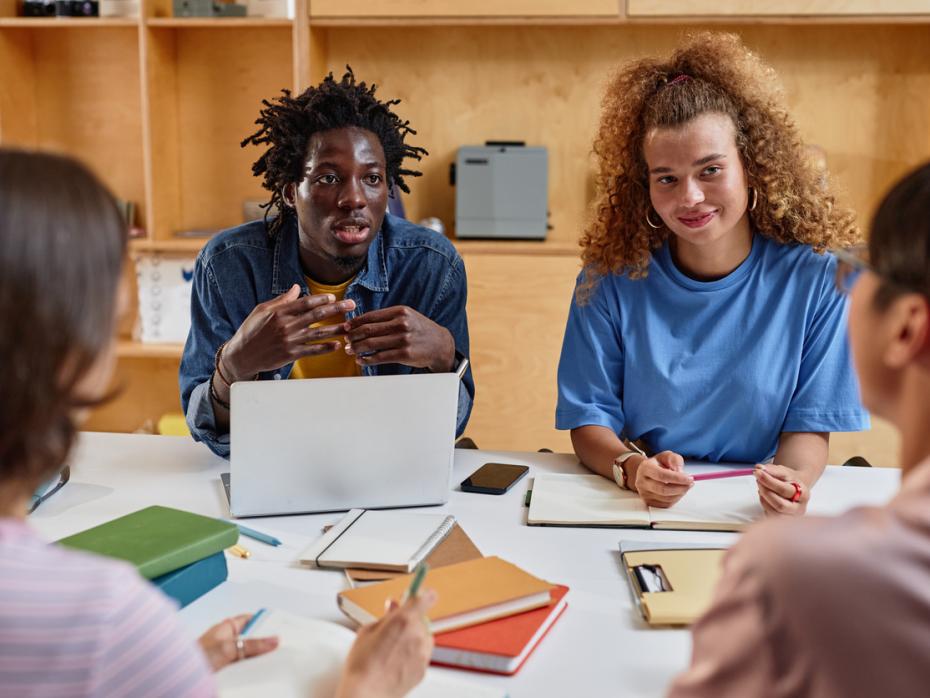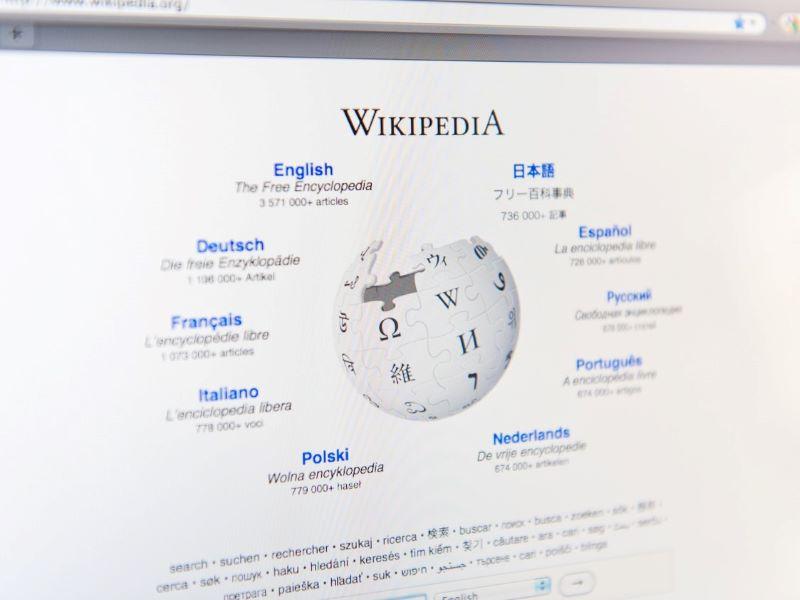
Tweaks to make when teaching political science and social policies in the GenAI age

You may also like
Drawing on my experience of teaching several undergraduate and postgraduate classes on political science and social policies, below are several handy tips on how educators can both leverage the potential and counterbalance the drawbacks associated with the rapid adoption of artificial intelligence in university classroom settings.
Emphasise personal reflection in students’ own context
In my research methodology class, each student must keep a weekly “application diary” by selecting the most important idea they learnt from the week and reflecting on how they have applied it or have seen the idea applying itself in their daily life. The key is to apply, meaning that regurgitating or paraphrasing concepts from lectures or readings, which artificial intelligence (AI) can do, or describing generic or vague applications will not get them any credit, and describing generic or vague applications, which AI can find, will get them little credit. This exercise requires them to tap into their creativity when expressing their thoughts and feelings.
Encourage collaborative project work
In my interdisciplinary general education class, each student is assigned the identity of a state or an organisation and must think of their stance and moves in response to a humanitarian crisis. After they’ve completed their individual position papers, I randomly assign small groups and ask students to write up a group memo to be presented to the United Nations secretary-general. Each group needs to summarise all members’ viewpoints and make concrete recommendations on their intervention strategies. They must collaborate with others to produce a two-page paper without using AI. They must include an overview of the crisis with key details and background, individual positions taken by each member, a series of feasible, impactful and aligned group recommendations, a short conclusion and a list of references or sources consulted. They need to learn how to negotiate, cooperate and compromise with other groups, for each of them has its own interests, priorities and concerns.
Revisit course concepts and readings
AI is helpful for deepening understanding and improving the application of the reading students must do before tutorials. In my course, I invite them to initiate dialogue and interact with AI tools using different prompts to generate key summaries and highlights of the readings, asking for clarification on the concepts that they are unsure about or do not understand, offering relevant arguments and examples, suggesting counter-arguments and weaknesses of ideas, identifying the unspoken beliefs and assumptions underlying arguments, as well as comparing and contrasting concepts. However, I also remind students to be aware of the possible inaccuracies of the AI output, meaning that they have a responsibility to check the validity in a critical manner. For instance, they can cross-check the AI information with reliable sources to ensure consistency and accuracy. They can also discuss the AI-generated content with one another to question assumptions, detect biases and evaluate the reliability of the information provided.
Evaluate ChatGPT products
At the beginning of the semester, when I brief the case memo assignment in a class on public administration in Hong Kong, I first invite students to use ChatGPT to generate a 500-word memo on executive-led government in Hong Kong, using the high-speed rail station as an example, with references. This serves as a good starting point to explain the assignment expectations and also the potential pitfalls of over-reliance on AI. I ask them to state the problems with the memo written by AI and they find a series of problems such as wrong format, missing thesis, lack of logical structure, generic points, vague case background, undeveloped arguments and fake citations. This exercise helps students see how they can develop a much higher quality of work than that of AI.
Make tweaks to standard presentations
In my class on public administration in Hong Kong, I ask students to form groups to write a Wikipedia entry on an event, a policy or an institution in Hong Kong. Instead of asking students to simply summarise the key content of their entries, which can easily be completed by AI, and present it in the class, the presentation requires them to go a step further in identifying their underlying thinking processes and sharing their group collaborative dynamics throughout the semester. On the basis of the written entries that they have prepared, they need to further explain why they include the content they have selected and how they arrive at such conclusions. They can also share the individual and collective challenges and struggles they faced when completing the research for the content. This highly personal presentation is also helpful for organising and streamlining students’ thoughts before their written submissions.
- Resource collection on GenAI in higher education
- In an artificially intelligent age, frame higher education around a new kind of thinking
- How to partner with AI and improve the learning experience
Apply abstract theories to real-life contexts
In another interdisciplinary general education class, students will form groups and explore a specific social issue by analysing its causes and proposing suitable solutions. They will then film a video that proposes a practical solution to a social problem. In the video, they need to highlight the root causes of the social problem, the possible solutions against the root causes, select the most appropriate solution, provide justifications and discuss in detail the planning, implementation and evaluation of the solution and other issues that they think appropriate. This exercise calls for students to make sense of the actual contexts and realities in their communities by thinking through the practical concerns (such as budget, operation, sustainability) and perception management (such as cultural, political, psychological factors) to convince the audience.
Scaffold with reflective prompts
By the end of the semester of a policy-making course in Hong Kong, I ask students to reflect and synthesise significant areas of their personal and collaborative learning, especially their perceptions, assumptions, knowledge and understanding in light of the experiences they have had that semester. To further facilitate and deepen students’ reflections, I give students a list of reflective prompts and guiding questions and ask them to select and organise them in ways that best suit their presentation. These prompts cover four domains, namely summative, process, evaluative and reflection on learning:
Summative reflection: in what ways have you improved as a student learning social work? What brought about those improvements? Explain with reference to some specific experiences, readings, assignments or discussions
Process reflection: how did your thinking about the diary evolve over time? How did the diary evolve (or not evolve) with your thinking about it? What went according to the plan and what surprises did you encounter? What still needs work?
Evaluative reflection: what are the strengths and weaknesses of your diary? Explain while making specific references to your work.
Reflection on learning: how have you progressed towards achieving the four main objectives of the class? What strategies have you used and how effective are they?
To prevent them from using AI to generate their responses, I ask students to cover dimensions where AI falls short, such as presenting contextual information about themselves, their group mates and teachers, organising their ideas with a cogent and structured narrative, linking the theories, examples and experience, and including actual learning artefacts that they have produced for the class.
Adrian Man-Ho Lam is a course tutor in the department of politics and public administration at the University of Hong Kong.
If you would like advice and insight from academics and university staff delivered directly to your inbox each week, sign up for the Campus newsletter.


